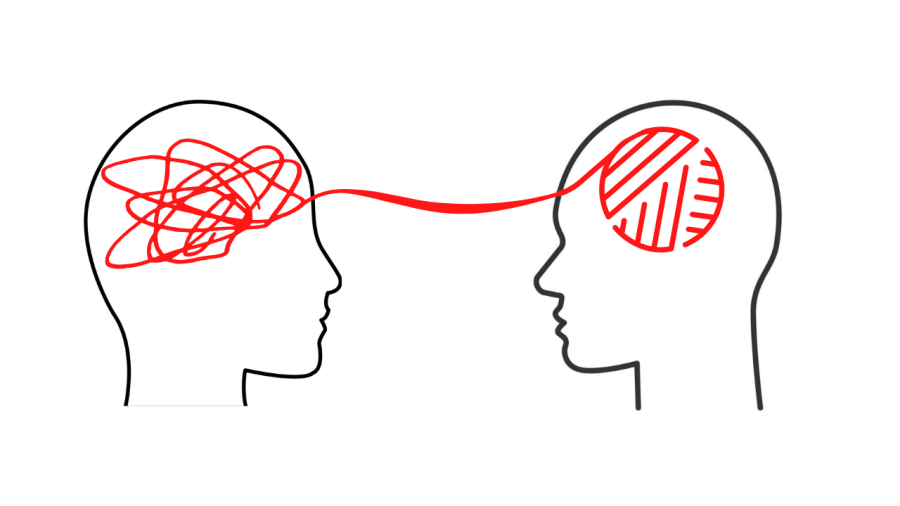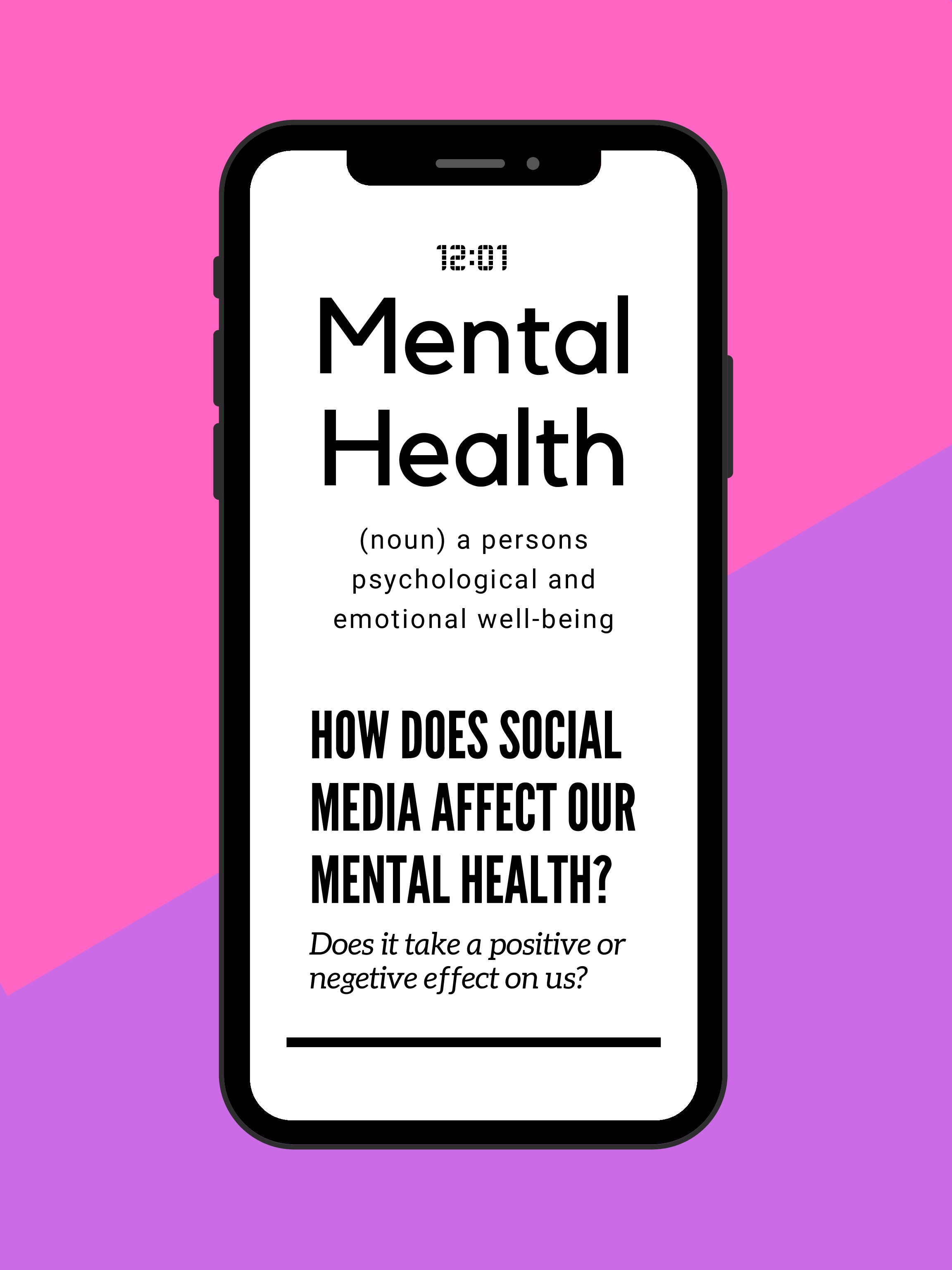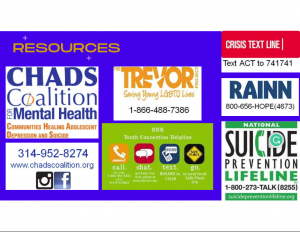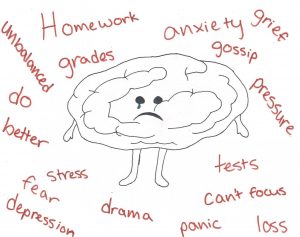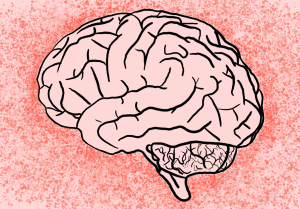Battles With Acceptance
Are teens mental health struggles being handled the right way?
February 19, 2022
Today, Feb. 18, Wentzville School Districts schools are off for a “Mental Health Day.” Students K-12, especially teens, suffer in silence.
Anxiety, depression, bipolar disorder, body dysmorphia, eating disorders, insomnia, etc, are all common in teens now. According to Mental Health First Aid, one in five teens have had a mental disorder at some point, and up to 75% of mental health challenges emerge during their teenage years. Social stigmas discourage individuals from reaching out for help.
Many teens the people around them, don’t take their own mental health seriously. It’s become normal and relatable to have depression or have some type of mental health issue. There are also people that don’t believe in mental health issues or judge people based on how their mind works against them.
So, why is mental health not being taken seriously? Society as a whole has made mental health a topic to brush off. With all mental health issues, it’s difficult to tell parents or guardians because they expect teens to be “moody,” so it’s nothing to be worried about. Parents immediately think their kids are going through a phase and push it off to the side, which ultimately makes the child overthink it themselves.
Teens, who are struggling to find themselves in the world around them, take a big step forward when they acknowledge that they might be suffering. Teens don’t feel heard— when they tell the people around them about how they feel and don’t get a response that gets them the help they need, they feel as though their mental health issues are not a big enough issue.
According to the CDC, in teens ages 3-17, 7.1% have anxiety disorder and 3.2% have depression. 73.8% of teens that have depression also have anxiety.
If someone around you, or yourself, is struggling, even if it’s a little bit, they need help before it’s possibly too late.
Important Hotlines:
Emergency Medical Services: 911
National Suicide Prevention Lifeline: 1-800-273-8255
SAMHSA Treatment Referral Helpline: 1-877-726-4727


